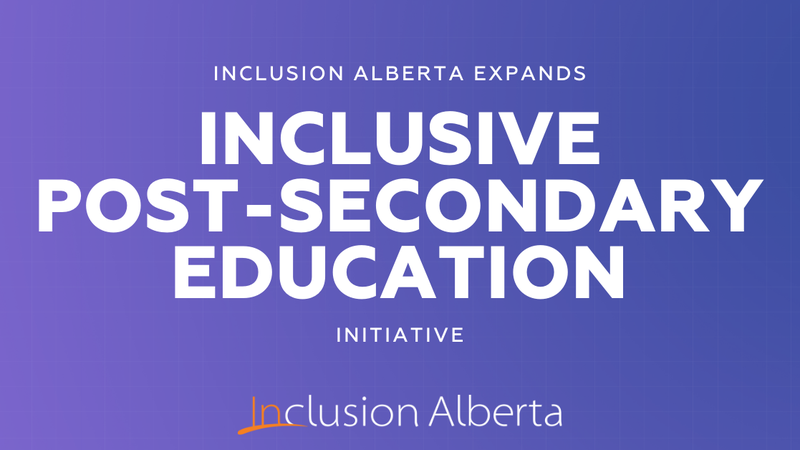
Inclusion Alberta receives $1.19 million in funding for post-secondary education
Inclusion Alberta has received $1.19 million in funding from the Ministry of Community and Social Services in order to expand Inclusive Post-Secondary Education opportunities across the province for students with developmental disabilities.
Inclusion Alberta is a non-profit federation that has been partnering with provincial post-secondary institutions for more than 30 years with aid and services to include students with developmental disabilities in participation of regular programs of study and campus life.
Students audit programs of study to pursue individualized learning goals related to regular course content and complete modified course assignments and exams to demonstrate what they have learned. While not receiving credits, they do receive a certificate acknowledging their work after completion of the program and participate in convocation at graduation.
“As a parent and an educator, I know how life-changing a post-secondary education can be for our family members with developmental disabilities,” says Inclusion Alberta President Monica Braat. “Higher education can open the doors to a meaningful life and career, perhaps even more so for a person with an intellectual disability.”


